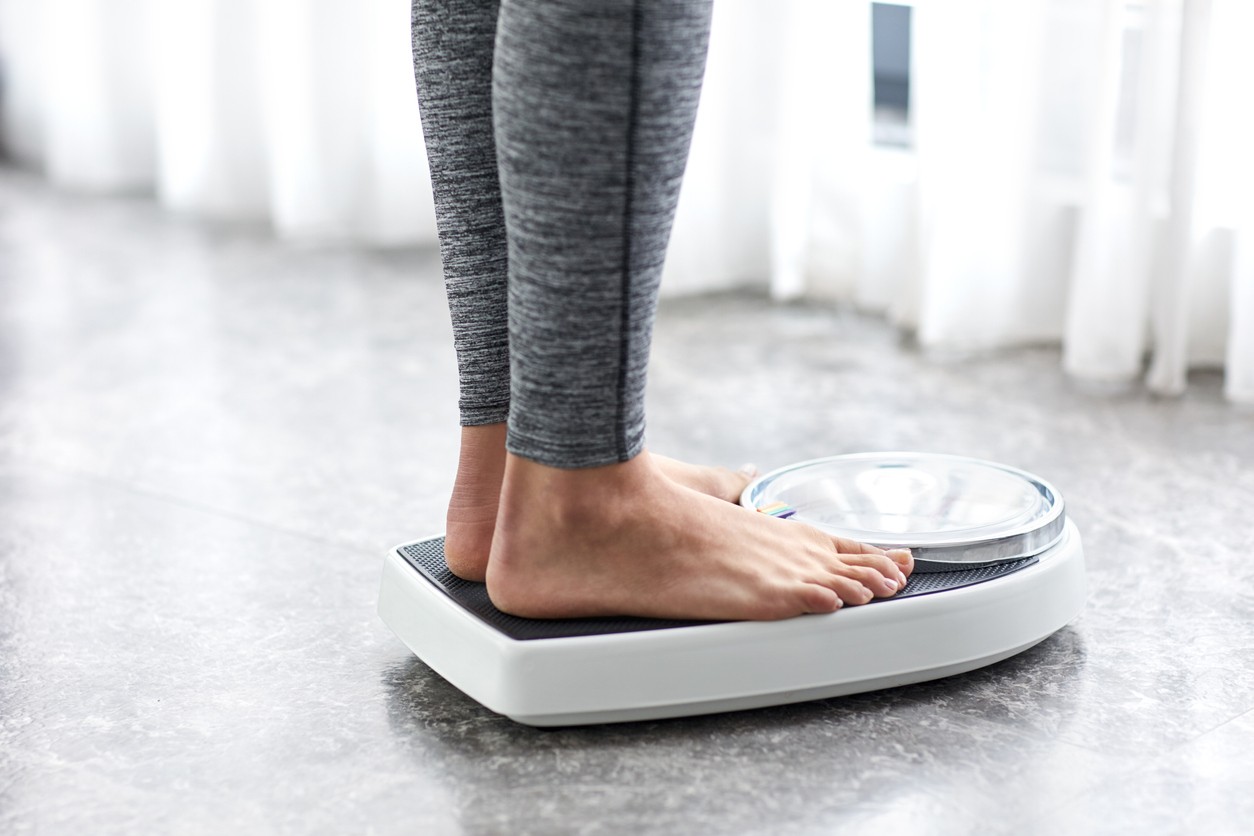11 Ways to Boost Your Immune System Before Cold Season

Living a healthy lifestyle can seriously benefit your immune system and make a difference to how well your body fights illness. “A healthy lifestyle offers many benefits, including helping to prevent heart disease, type 2 diabetes, obesity, and other chronic diseases,” says the CDC. “Another important benefit is that healthy routines enhance your immunity. Your immune system fights everything from cold and flu viruses to serious conditions such as cancer. Immune systems are complex and influenced by many factors.” With cold season upon us, it’s more important than ever to support immune health—here are 11 simple tips to have a cozy, healthy fall and winter season.
RELATED: 7 Cold Plunge Benefits for Your Health.
Good Sleep Is Key

Getting enough rest helps every aspect of your body function better—and that includes your immune system. “Studies show that people who don’t get quality sleep or enough sleep are more likely to get sick after being exposed to a virus, such as a common cold virus,” says Eric J. Olson, MD, via the Mayo Clinic. “Lack of sleep can also affect how fast you recover if you do get sick.”
Trust Your Gut

Protect your gut health for a healthy immune system. “The majority of the immune system is found in the lining of your intestine, so it’s a good idea to support your gut and microbiome with lots of good bacteria,” David M. Goldberg, MD, tells NewYork-Presbyterian. “A well-rounded, balanced diet, like the Mediterranean diet, that includes vegetables, lean meats, and healthy fats, is another way people can improve their immune system.”
Get Moving

Move your body for optimal immune function. “Regular exercise is one of the pillars of healthy living,” Howard E. LeWine, MD, tells Harvard Health. “It improves cardiovascular health, lowers blood pressure, helps control body weight, and protects against a variety of diseases. But does it help to boost your immune system naturally and keep it healthy? Just like a healthy diet, exercise can contribute to general good health and therefore to a healthy immune system.”
Don’t Smoke

Smoking does a number on your immune system. “Smoke from cigarettes contains more than 7,000 toxic chemicals that can harm white blood cells, making you more susceptible to infection,” Dr. Pankey says. “In addition, excessive alcohol use weakens the immune system.”
RELATED: 10 Foolproof Ways to Boost Your Immune System.
Get your Nutrients

Your immune system is significantly impacted by what you do and don’t eat. “Incorporating a healthy diet ensures your body is getting the vital antioxidants, vitamins, and minerals, including A, C, E, B6, potassium, and zinc, it needs to produce infection-fighting white blood cells,” Edward Pankey, MD, tells Summa Health. “A balanced diet includes a variety of fruits and vegetables, lean meats, whole grains, and low-fat dairy. Eating well also means limiting saturated fats found in high-fat meats and dairy and cutting back on your salt and sugar intake.”
Watch Your Weight

Maintaining a healthy weight gives your immune system the best chance at fighting illness. “If you think about a thermostat and you’re at a comfortable 70 degrees, then you turn it up to 75 degrees – that’s sort of what’s happening when there’s extra weight in the body,” says Vijaya Surampudi, MD, via UCLA Health. “The body becomes a little uncomfortable and the immune cells are not at their optimum, nor are they functioning the same as when the thermostat was at 70 degrees.”
Eat More Fruits and Vegetables

Fruits and vegetables are packed with nutrients that support immune health. “The micronutrients they provide ensure you aren’t missing key nutritional components, like zinc and vitamin A, that your immune system needs to fight off invading microbes,” says Columbia University Irving Medical Center. “Note that most supplements are not superior to the nutrients you can get from food. The fiber from fruit and vegetables can help your gut’s microbiome produce important compounds for a healthy immune system.”
Manage Stress

Give your immune health the best chance by managing stress. “Chronic stress reduces your ability to ward off germs,” Dr. Pankey says. “When you’re stressed, your body produces higher levels of the hormone cortisol, which suppresses your immune response by decreasing white blood cell production. Getting plenty of sleep and incorporating stress-relieving techniques, such as yoga, meditation, exercise, and talk therapy, are key to keeping your stress in check.”
RELATED: 7 Supplements That Keep You From Getting Sick.
Check With Your Doctor About Seasonal Vaccines

Seasonal vaccines may help prevent illness, experts say. “It’s always important to be up-to-date on recommended vaccinations, especially your COVID-19 vaccine or booster as well as your annual flu shot,” says Dr. Chen Lin, an Allergy & Immunology doctor at Houston Methodist.
Stay Hydrated

Drink plenty of water to support your immune system. “Water is important because our blood and lymph, which have immune cells in them, need water in order to flow to circulate throughout our bodies,” says Dr. Lin.
Watch the Booze

Be mindful of your alcohol intake—studies show too much can disrupt your immune response. “Alcohol disrupts immune pathways that can impair the body’s ability to defend against infection, contribute to organ damage associated with alcohol consumption, and impede recovery from tissue injury,” says Columbia University Irving Medical Center.